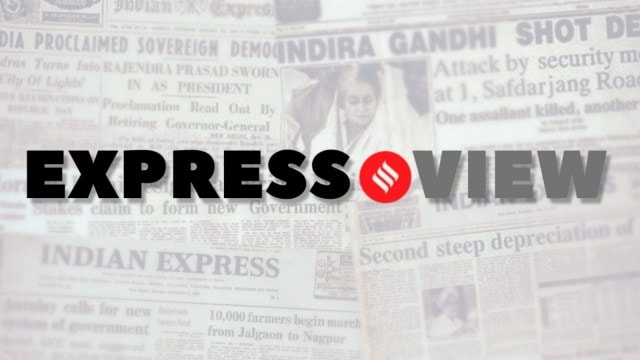
It can be difficult when it comes to nation-states to draw hard lines between preemptive action and provocation, deterrence and retribution. This is especially so in countries with fraught histories and hostile neighbours. Yet, even with the long rope granted to Israel under Prime Minister Benjamin Netanyahu after the October 7 attacks by Hamas, there is little justification for its actions subsequently, which are becoming increasingly indiscriminate and harmful to the country as well as for regional security. The most recent example is the “exploding devices” attack in Lebanon. It is nearly impossible to predict who will be present when a pager or walkie-talkie explodes and it is likely that many of the over 3,000 people injured were not Hezbollah fighters.
So far, Israel has neither confirmed nor denied accusations that it was behind the attack. However, reports suggest that Israel’s intelligence agencies had been infiltrating the pager network used by Hezbollah — they used the dated technology to avoid surveillance — for months. The sweeping nature of the violence — this was not a pointed surgical strike aimed at a military target — is more in keeping with extremist non-state actors. Israel, which has been a victim of terrorism, must know that it risks becoming like its proclaimed enemy. The pagers were reportedly manufactured by a Taiwanese company with ties to a Hungarian supplier. Many ICT products, between their hardware and software, are part of global supply chains. That these were compromised and weaponised, as seems to be the case with the Lebanon attack, on a large scale should alert security agencies across the world.
Even Israel’s staunchest ally, the US, has expressed concern at the death and suffering in Gaza. A case of genocide has been admitted against it at the International Court of Justice. The government has been facing mass protests by Israelis who believe that it has failed both in terms of securing their interests and getting back the hostages. Rather than coming to the negotiating table and ensuring that there is a ceasefire, it is continuing with its aggression both in Gaza and against Iran-backed outfits like the Hezbollah and Houthis in Yemen. Shortly before the pager attacks and battles on the country’s northern border with Lebanon, the country’s defence minister, Yoav Gallant, said: “We are entering a new phase of the war”. The dangers of the conflict escalating to broader theatres are more present than ever.


